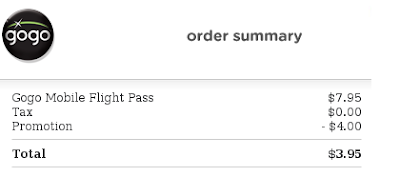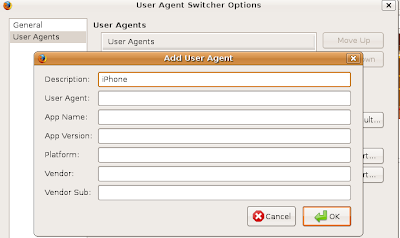As many of my regular readers know, late last year, I (and the fantastic Berkman cyberlaw clinic) submitted a request for an exemption to the Digital Millennium Copyright Act. One month ago, I testified in person to argue in support of my request.
We originally requested two exemptions. The Copyright Office has now sent us some follow up questions with regard to the second exemption.
The second exemption text was for:
Lawfully purchased sound recordings, audiovisual works, and software programs distributed commercially in digital format by online music and media stores and protected by technological measures that depend on the continued availability of authenticating servers, prior to the failure of the authenticating servers for technologists and researchers studying and documenting how the authenticating servers that effectuate the technological measures function.
The Copyright Office has asked us to:
Please provide your reaction to the following limitation: "...when the information obtained by the technologists and researchers is used only to provide access to works protected by the technological measures that depend on the continued availability of an authenticating server when [1] access is provided only to persons to whom access had been provided by the authentication server prior to its failure, [2] the authentication server has permanently ceased functioning, and [3] the provider of the service has neither made alternatives means of access to the works available nor provided a refund for the loss of access to the purchased copies of the works.
Would it be appropriate to limit the persons who would be eligible to invoke the exemption? Why? If you believe it would be appropriate to limit the persons eligible for the exemption, what criteria could be used?
Are there any other appropriate ways to properly tailor the scope of the exemption
I still haven't had much time to think about this in depth. Our reply is due on July 10th.
My plan is to try and come up with a rough draft in the next week or so, and then put it online in a wiki for people from the Internet to comment on and edit.


